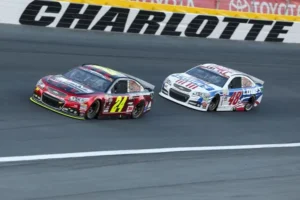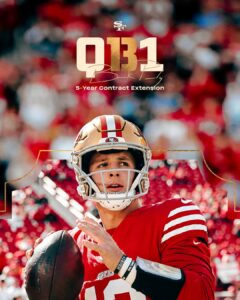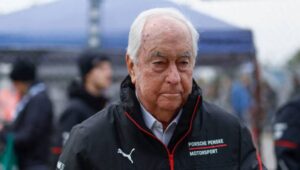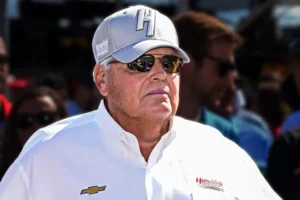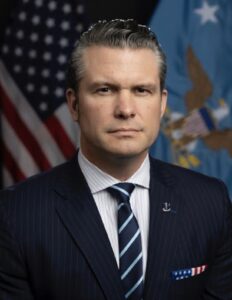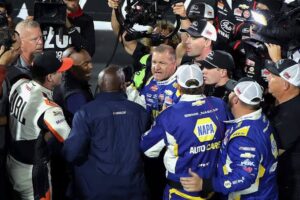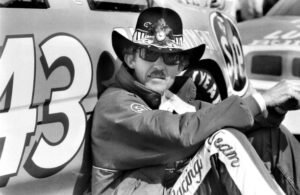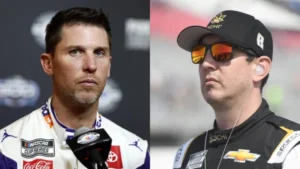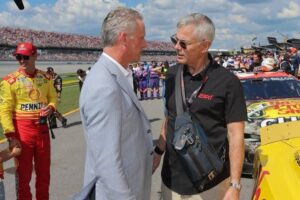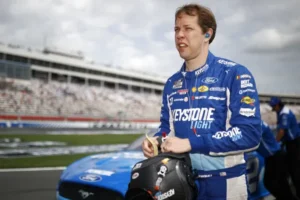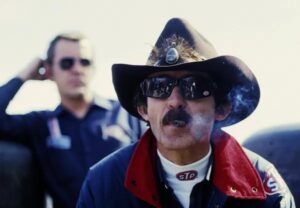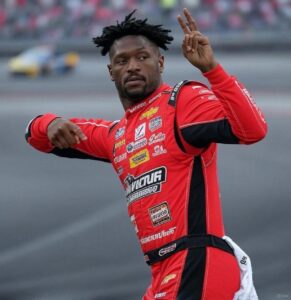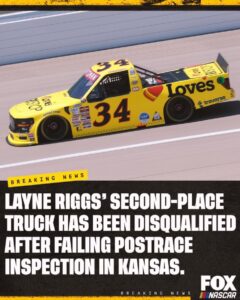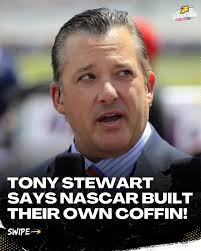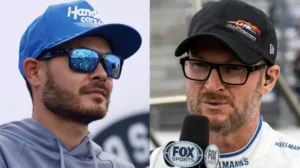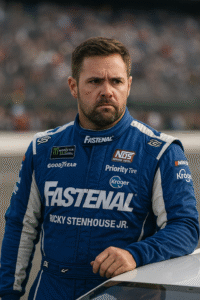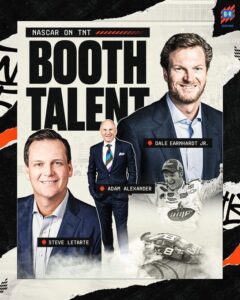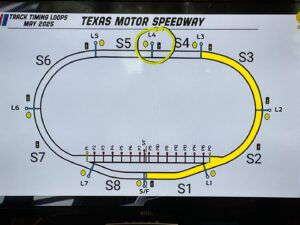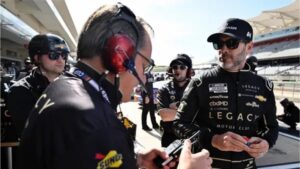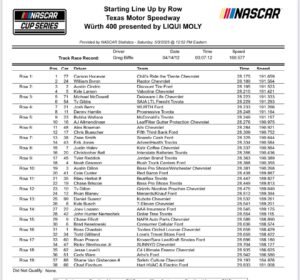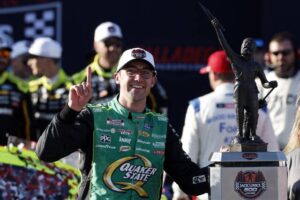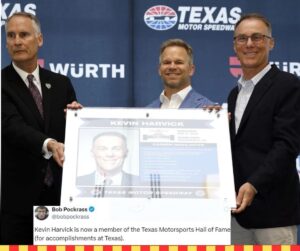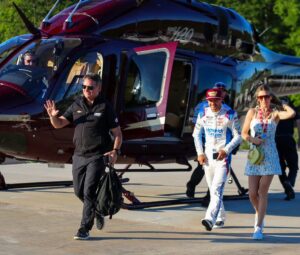Dale Earnhardt Jr., a revered figure in NASCAR and a prominent voice in motorsports media, has recently taken a stand against online pundits whose persistent negativity, he argues, risks undermining the sport’s reputation. In a candid critique, Earnhardt emphasized that while constructive feedback is vital, relentless disparagement of NASCAR’s decisions and direction does a disservice to what he calls a “golden product” thriving in a competitive era.
Earnhardt’s Perspective: A Sport Evolving for the Better
Earnhardt, a two-time Daytona 500 champion and NBC Sports analyst, acknowledged that NASCAR has faced challenges, from adapting race formats to engaging younger audiences. However, he highlighted the sport’s progress, including increased parity among teams, innovative broadcasting partnerships, and successful events like the Chicago Street Race, which have expanded NASCAR’s reach. “This sport isn’t just surviving—it’s growing,” Earnhardt stated, pointing to rising TV ratings and corporate investments as proof of its vitality.
He expressed frustration with commentators who “throw mud” without context, focusing on short-term controversies rather than long-term gains. “Criticism is fair, but when it’s constant and dismissive, it ignores the work being done to make racing better for everyone,” he said.
The Double-Edged Sword of Digital Commentary
The rise of online platforms has democratized sports analysis, allowing fans and influencers to voice opinions instantly. Yet Earnhardt cautioned that sensationalism often overshadows nuance. For instance, debates over the Next Gen car’s safety or playoff formats have sparked valid concerns, but he argues some critics amplify grievances without acknowledging NASCAR’s responsiveness. “We can’t pretend every decision is perfect, but we also can’t act like the sky is falling every week,” he remarked.
NASCAR as a “Golden Product”: Balancing Tradition and Innovation
Earnhardt’s defense hinges on viewing NASCAR as a dynamic entity balancing tradition with modernization. He praised initiatives like hybrid technology exploration and partnerships with streaming services as steps toward sustainability. “The sport honors its roots while innovating—that’s how you stay relevant,” he said, urging critics to recognize these efforts.
The Call for Constructive Dialogue
Earnhardt’s comments reflect a broader tension in sports media between accountability and toxicity. He stressed that passionate discourse is healthy but warned against cynicism that alienates newcomers. “Fans old and new deserve a narrative that’s honest but hopeful,” he said, advocating for analyses that celebrate progress alongside pointing out flaws.
Conclusion: A Rallying Cry for Unity
Earnhardt’s message resonates beyond NASCAR, touching on how sports communities navigate criticism in the digital age. By championing balanced dialogue, he aims to foster a culture where criticism fuels improvement rather than division. As NASCAR continues to evolve, Earnhardt’s voice reminds stakeholders that the sport’s strength lies not just in its races, but in the collective respect of those who uphold its legacy.
In a landscape where clicks often drive content, Earnhardt’s plea is a timely reminder: a “golden product” deserves golden advocacy—one that critiques with care and celebrates with pride.


